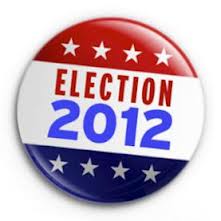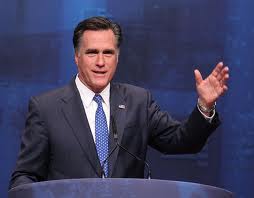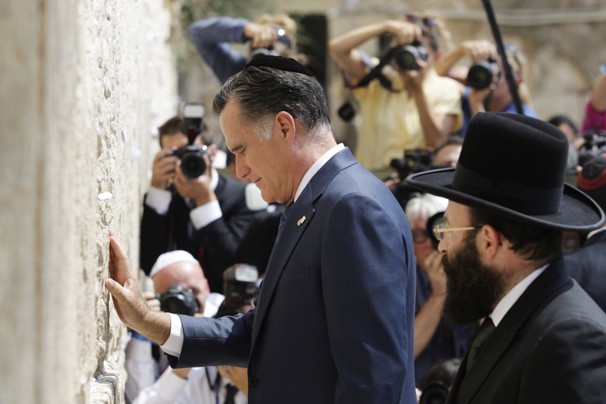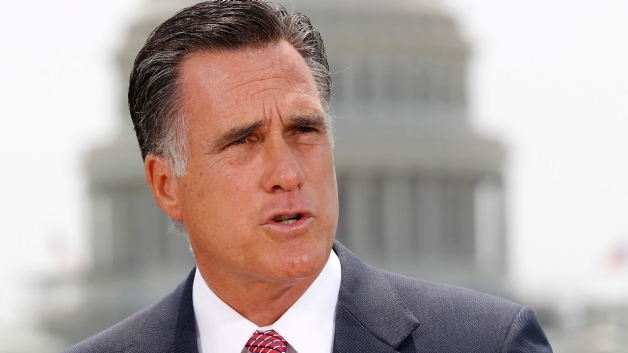
All to Play for in the Home Stretch
It’s a little over three weeks to go before America votes in the 2012 presidential election, and things have suddenly turned interesting. For a while, orthodoxy was that Obama was likely to get re-elected and, maybe, by a substantial margin. As late as early October, Romney was still seen as a weak candidate with a history of vote losing gaffes. Those of us who thought the GOP might win the White House were treated like Right-wing Cassandras. It seemed like the European Union was more likely to win a Nobel Peace Prize…
Suddenly, the national polls are even and the swing states are getting close. At this dramatic point in the race, I’d make the following observations…

Only 22% of Americans think they are in the 47%
When Mitt Romney’s 47% comments came to light, many were surprised that Romney’s claim that 47% of households do not pay income taxes is, in fact, true.
To many people, this is outrageous. Why should they be paying the federal taxes they do while so many fellow citizens get a free ride?

Does the Republican Party actually know who votes for them?
You would think that the US presidential campaign teams would have a pretty good idea of what sort of person is likely to vote for them. A recent book suggest that the Democrats have developed highly complex ways of figuring this out. On the other hand, given two recent events, I’m not sure the Republicans have any idea.

Romney’s 47% and What it Reveals About the American Right
Aside from cementing Obama’s tenuous lead (Silver now puts Obama’s chances at above 80%), Mitt Romney’s ‘47% gaffe’ also proved unexpectedly useful, if vexing, for conservatives.

Romney’s Foreign Policy: Careless rhetoric matters
A few days ago, Alexander Ewing posted a “firm riposte” to my blog which criticised Romney and his entourage for their neo-con leanings. Within it he argues that those who claim that a Romney Presidency would result in a return of the neo-cons are simply creating “a storm in a teacup”, and that Romney has used the language of the neo-cons only as a means to distance himself from Obama and portray the President as weak on the world stage. In reality, he argues, Presidents of both parties tend to follow broadly similar foreign policies, regardless of their own ideological leanings or party affiliation. In other words, Romney uses tough talk but it’s largely irrelevant since it won’t alter actual …

Forward to the Past: The Ideology of Romney’s Republicanism
‘President Obama has said that he wants to transform America. I don’t want to transform America; I want to restore the values of economic freedom, opportunity, and small government that have made this nation the leader it is.’ (4 April 2012, Remarks to the Newspaper Association of America) It is less than a hundred days until the election for the most powerful political office in the world, the President of the United States of America. The November election ‘will be a defining event’. Not said by the usual peddlers of political commentary and punditry, but by the Republican nominee for President, Mitt Romney. The US election of 2008 was monumental and arguably constituted a dramatic turning point in the political history …









